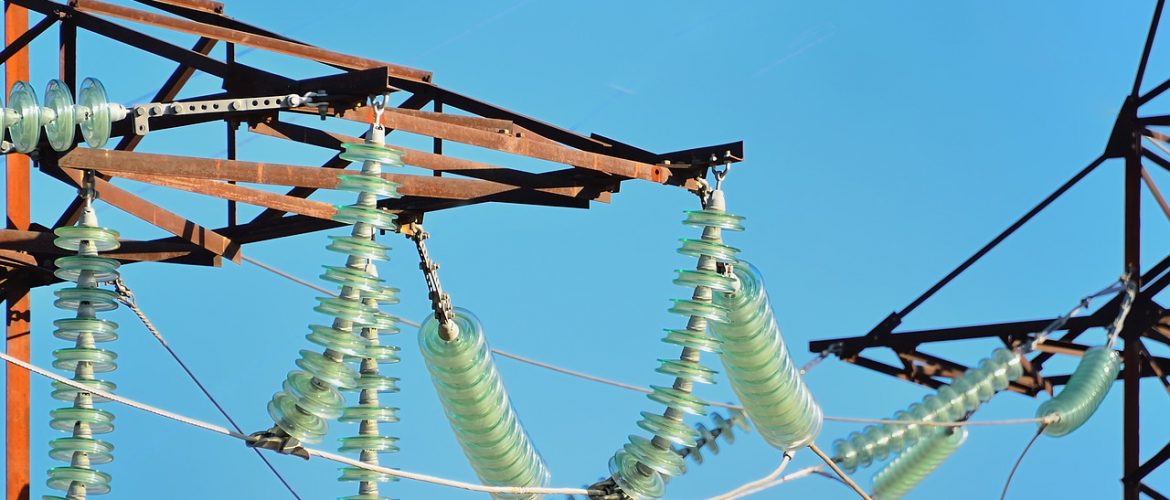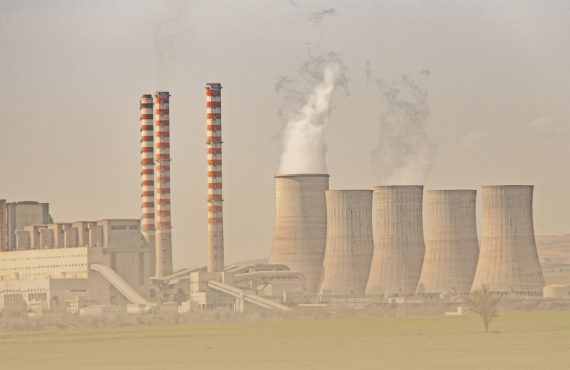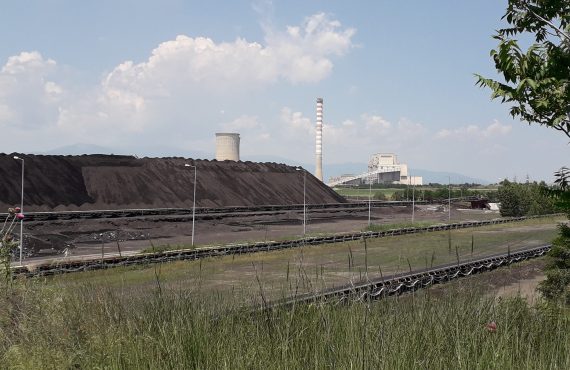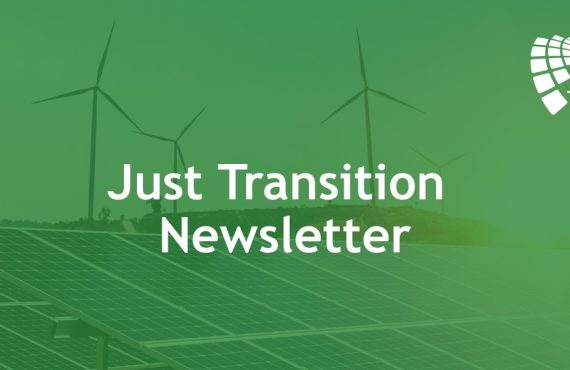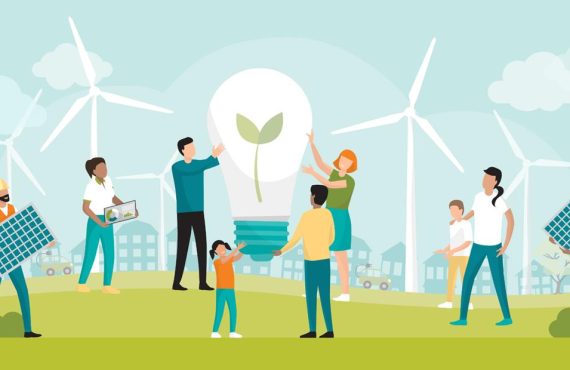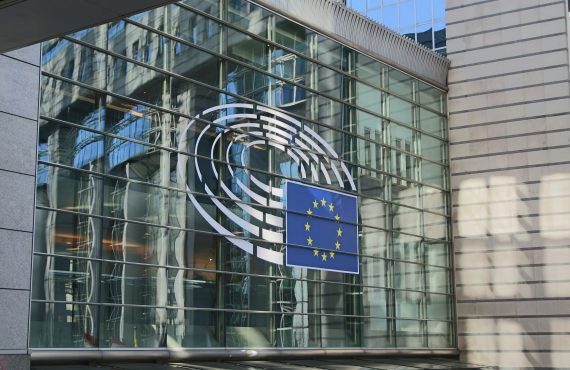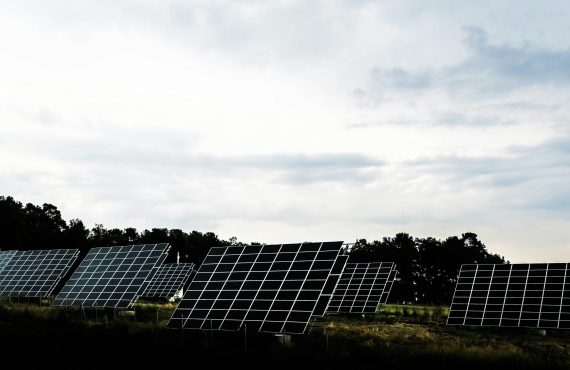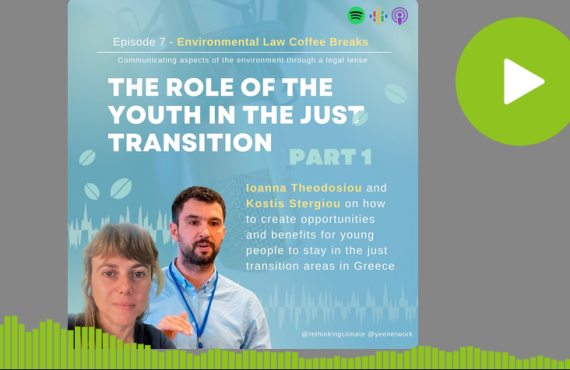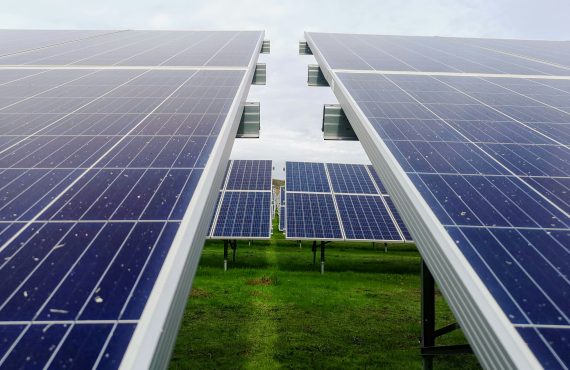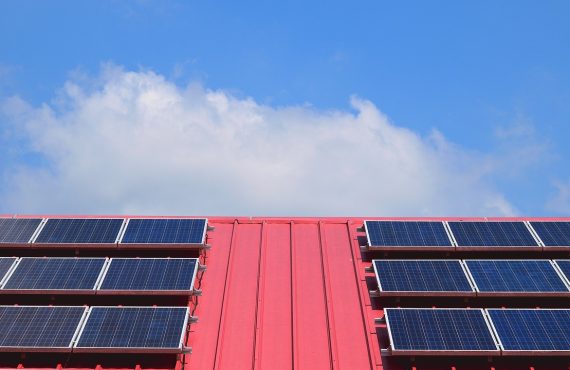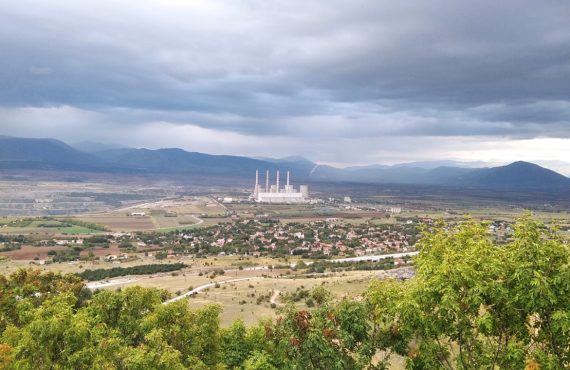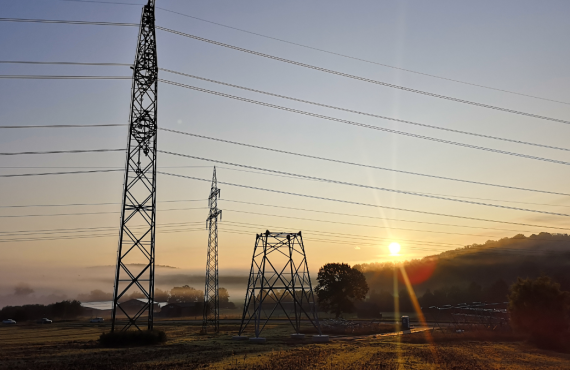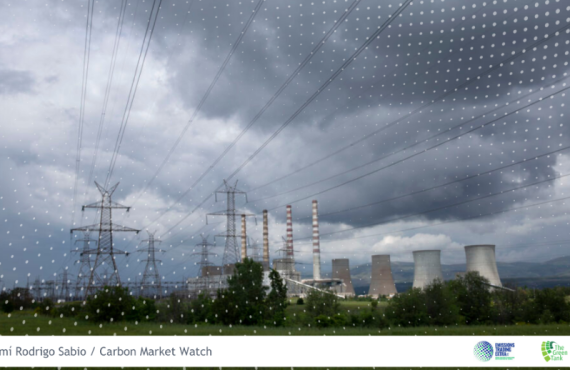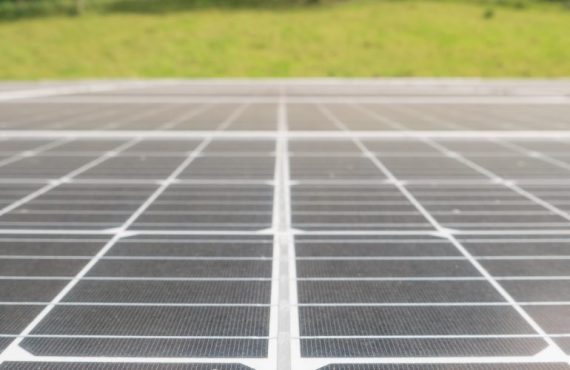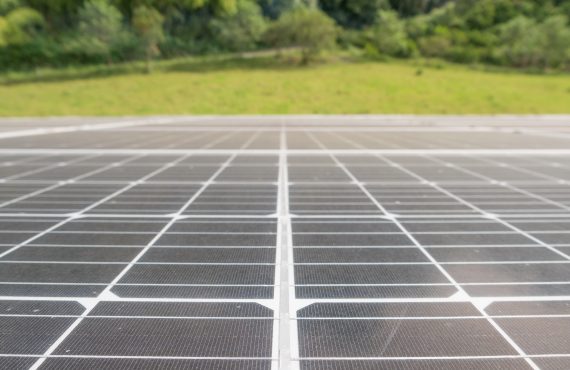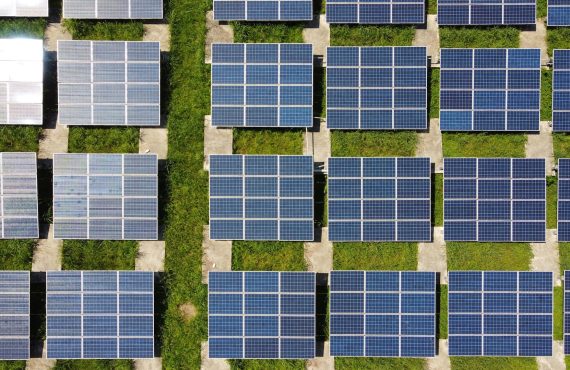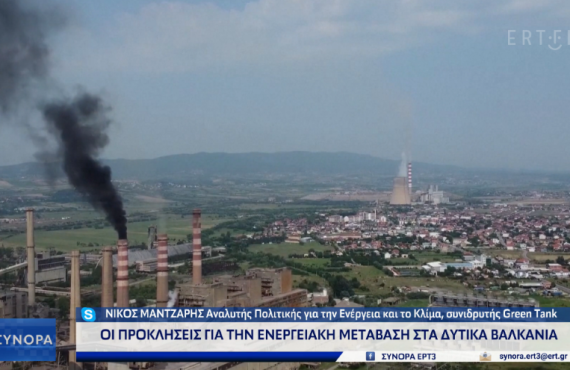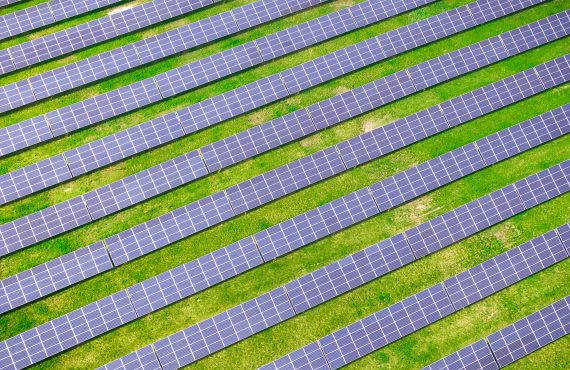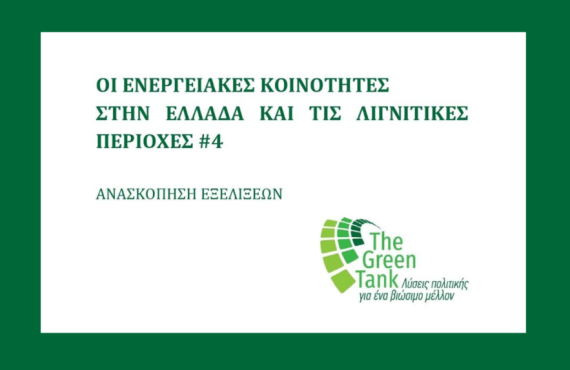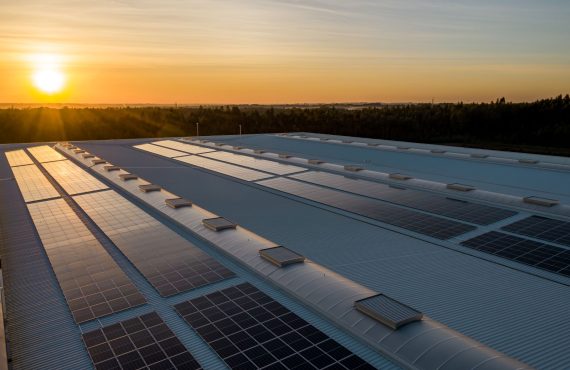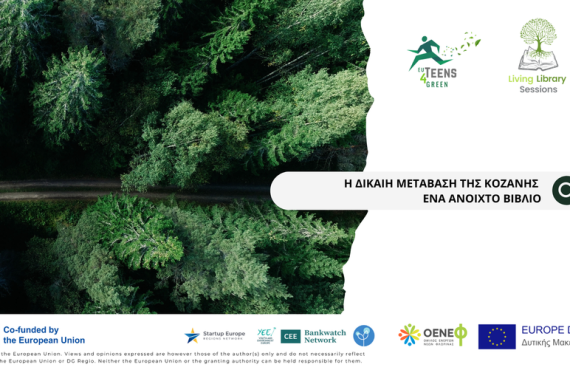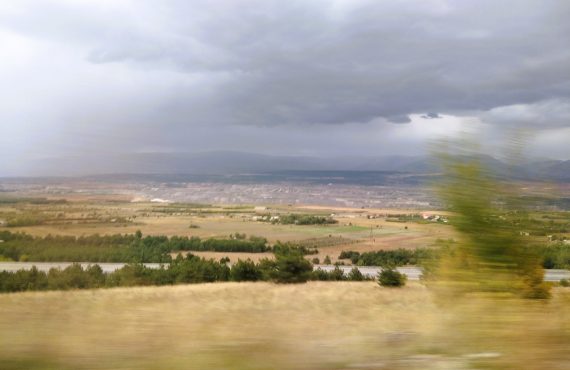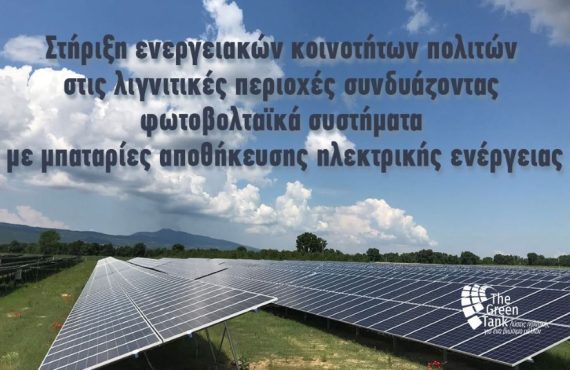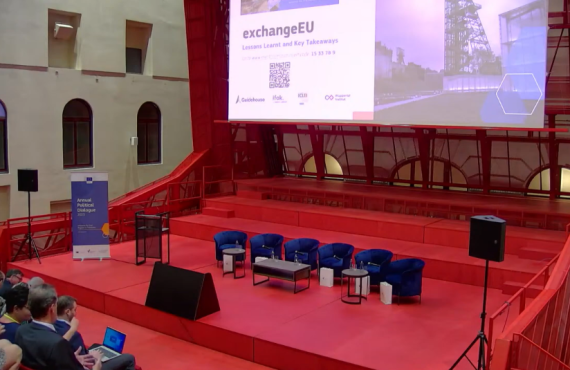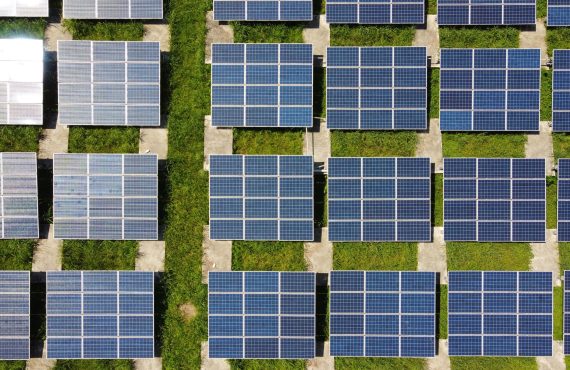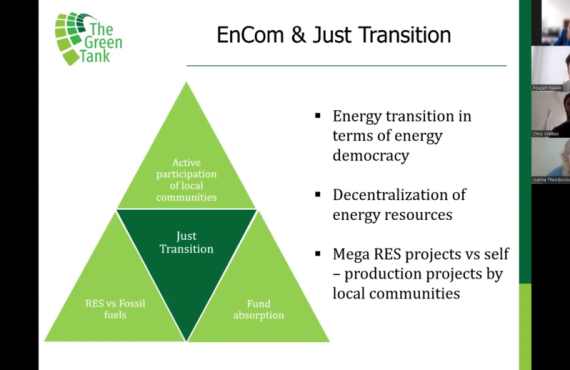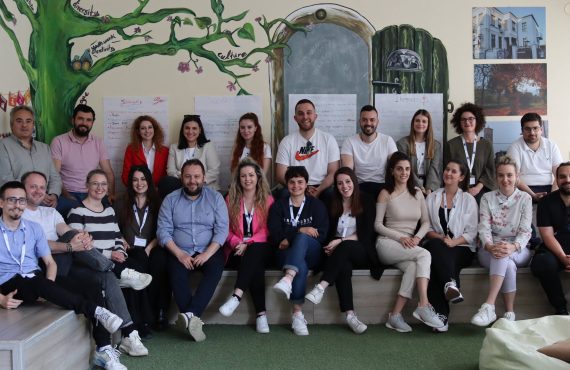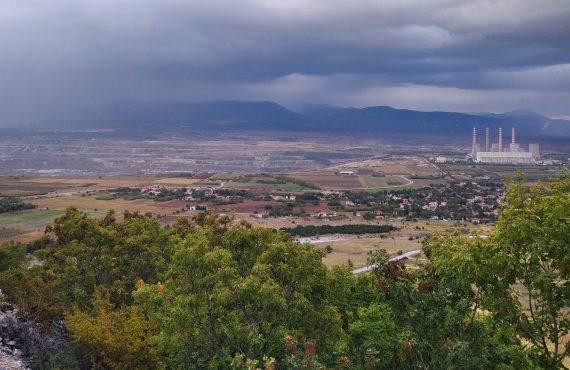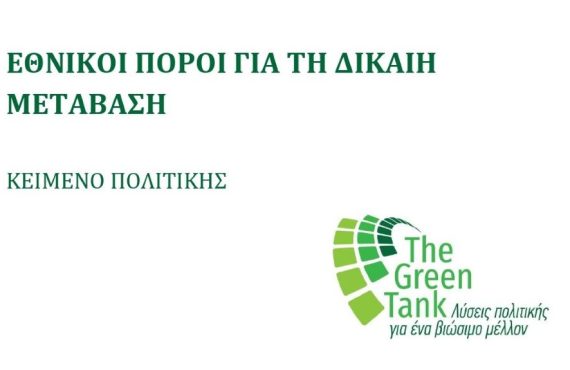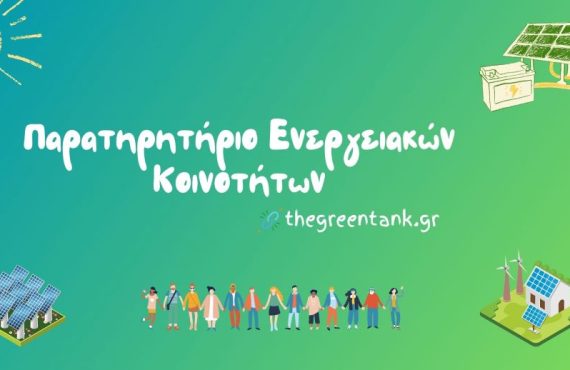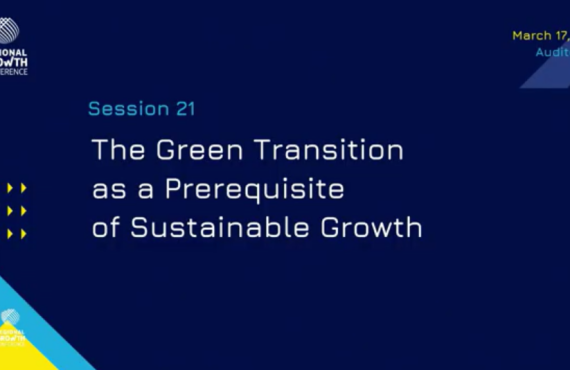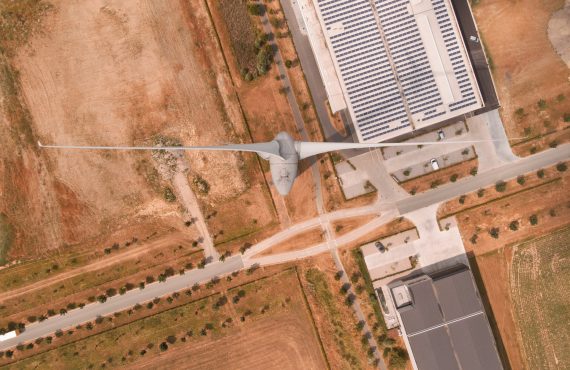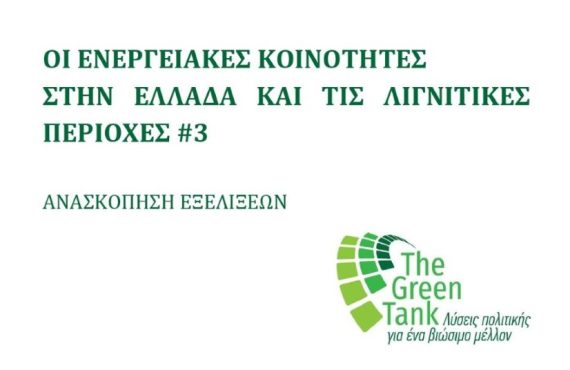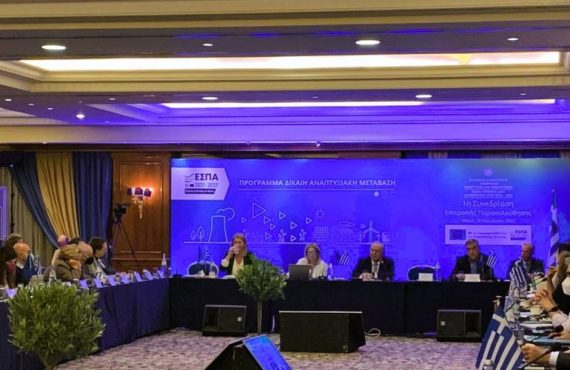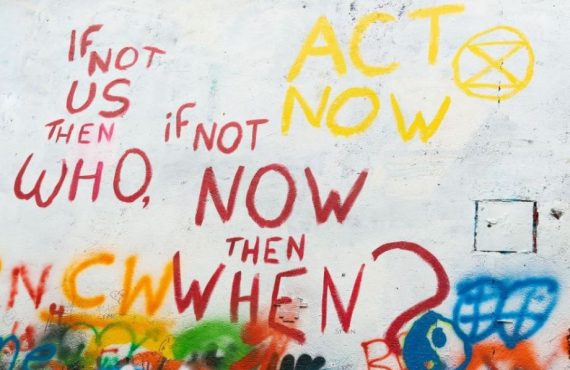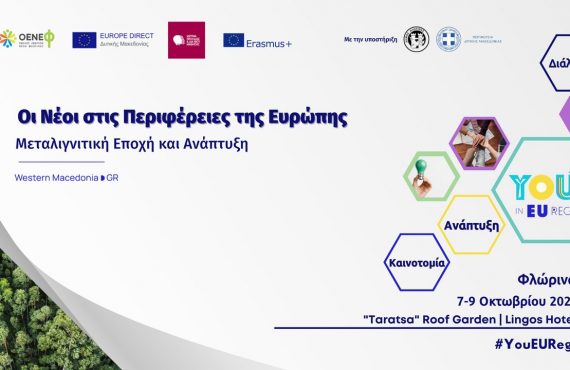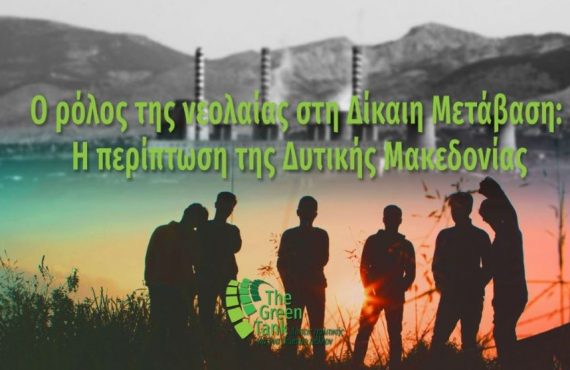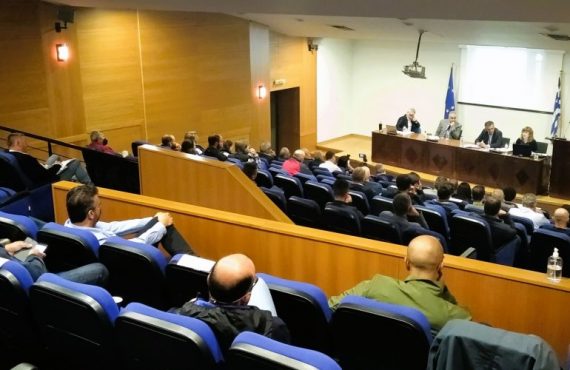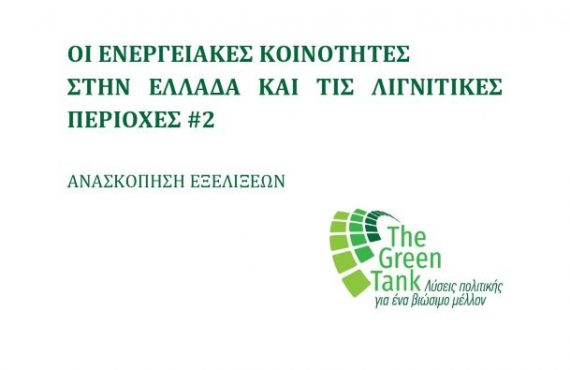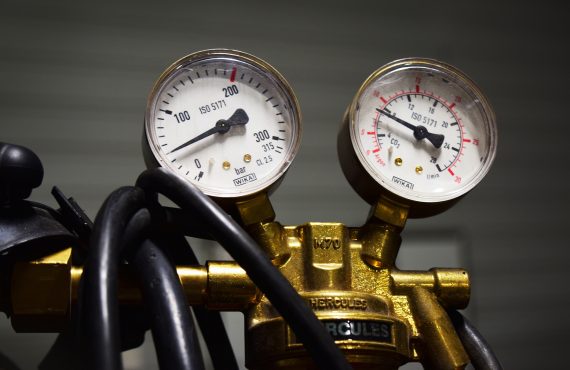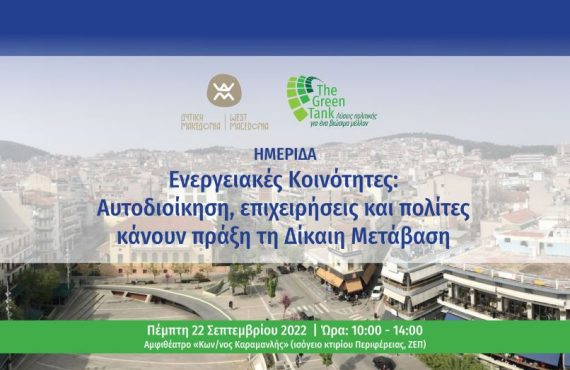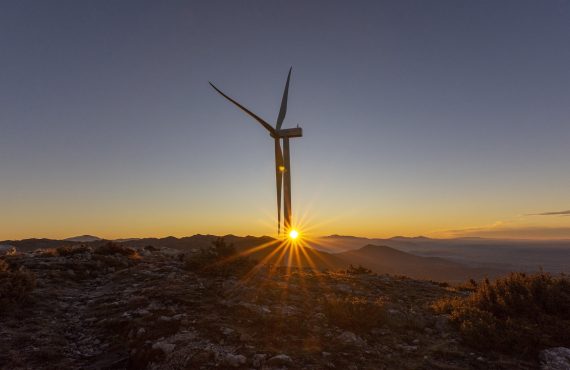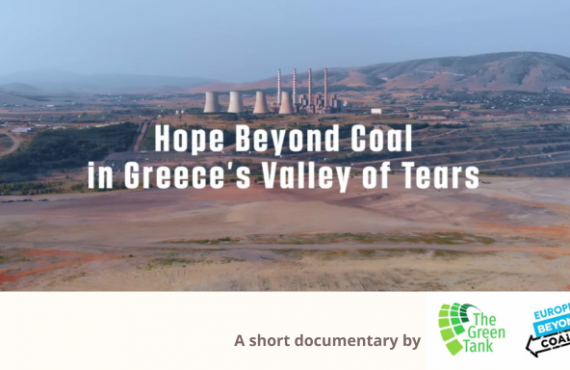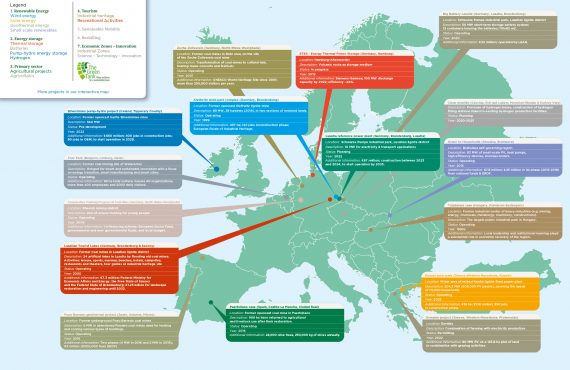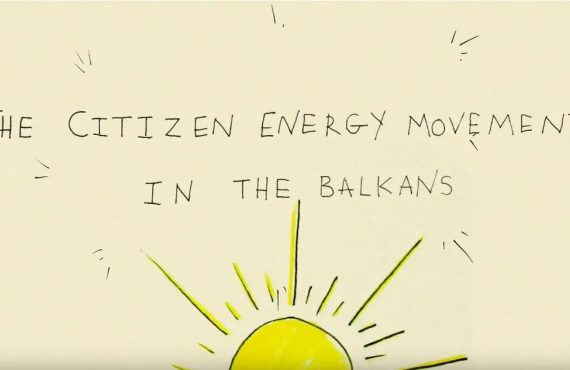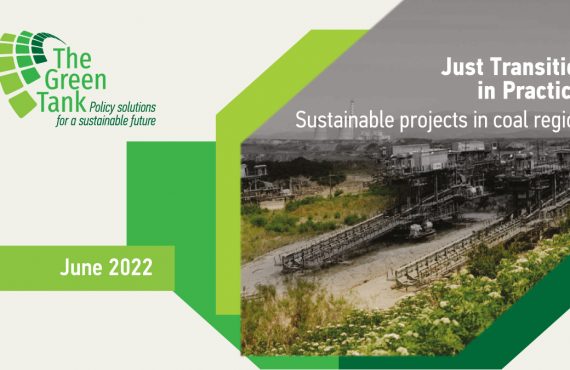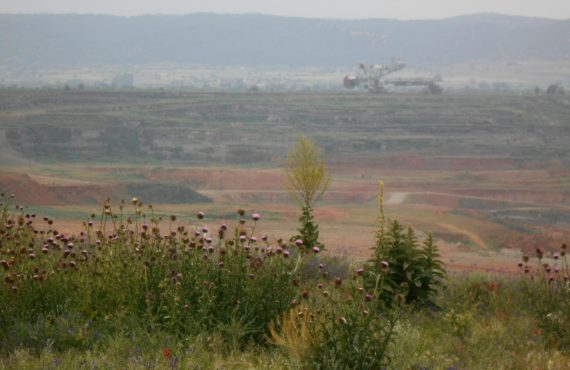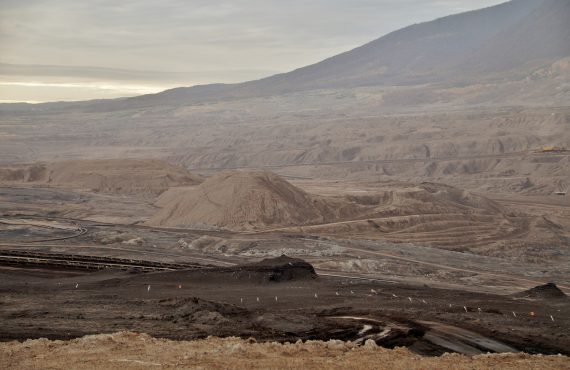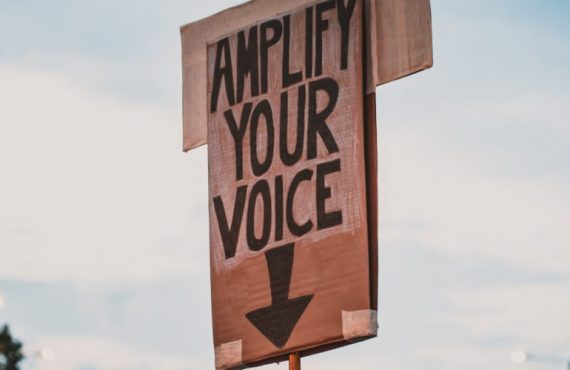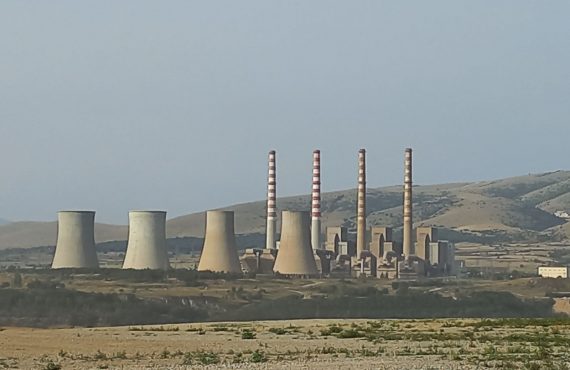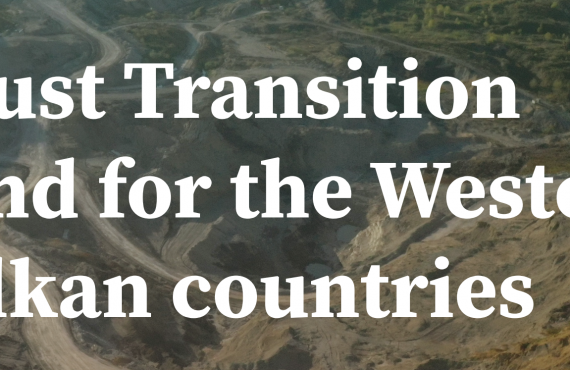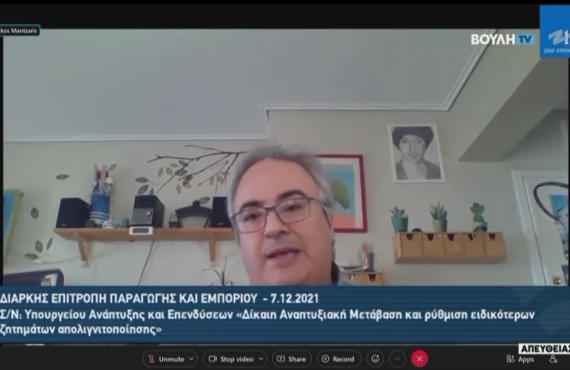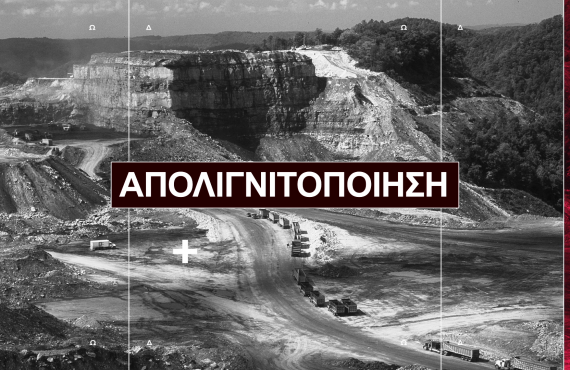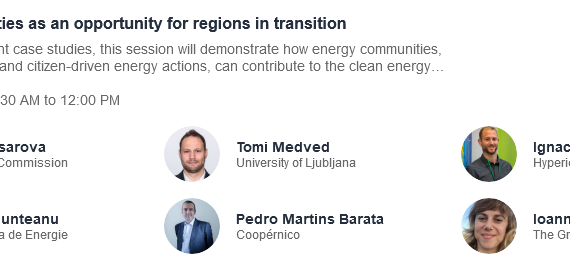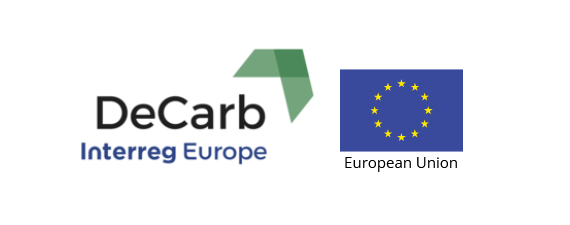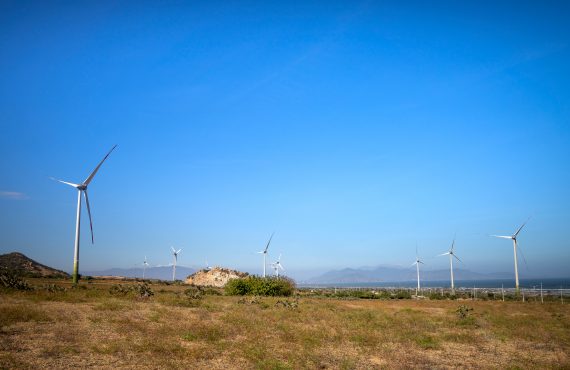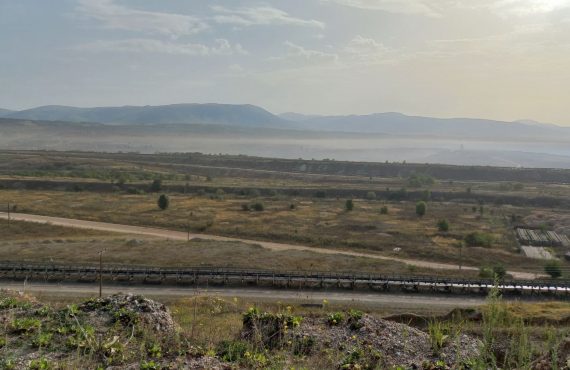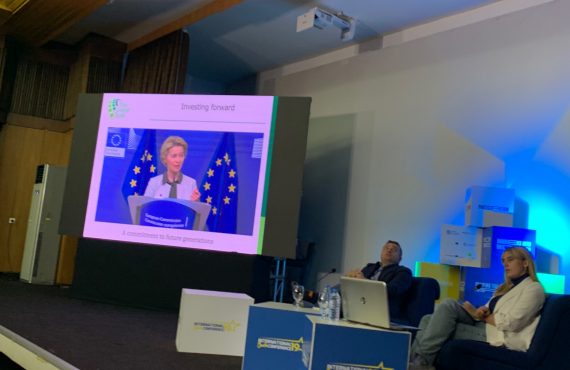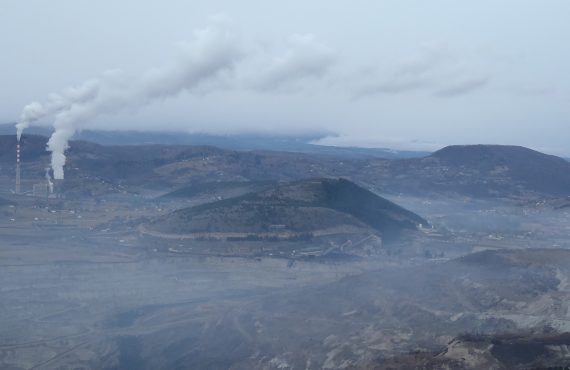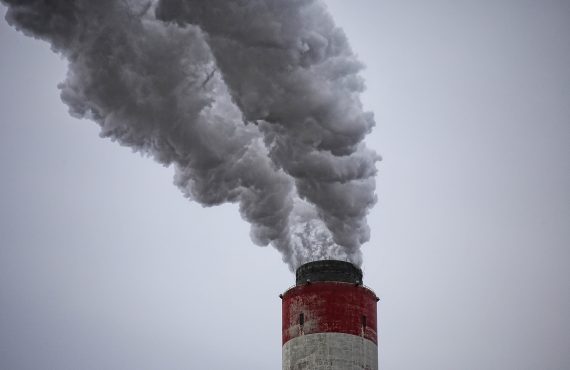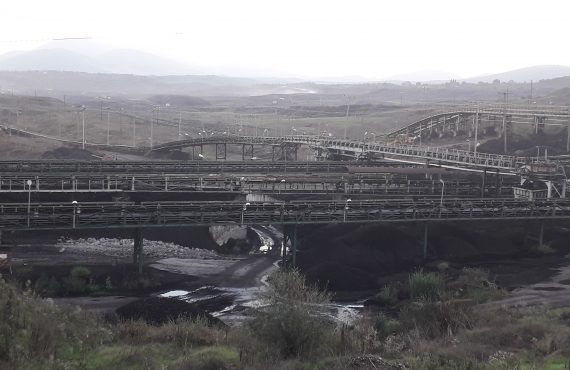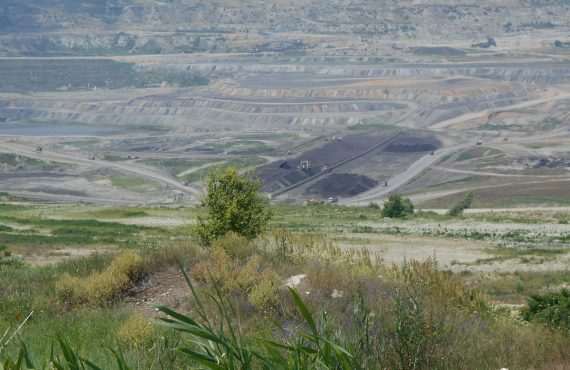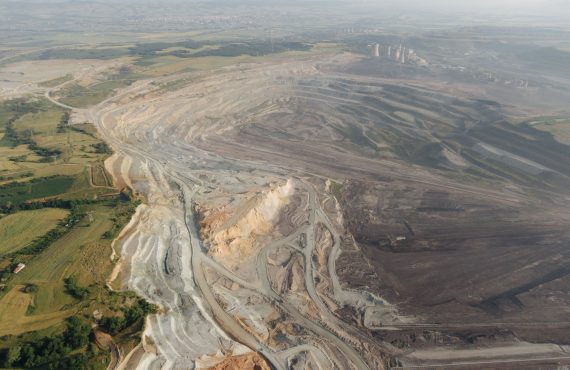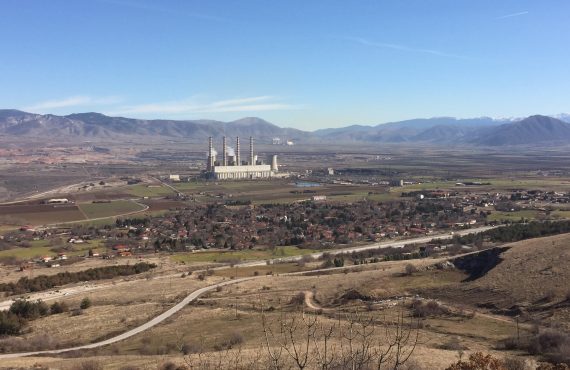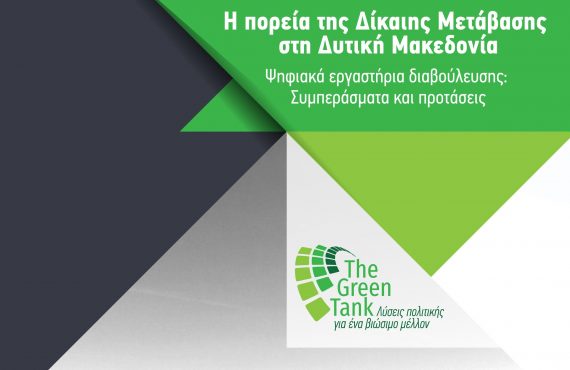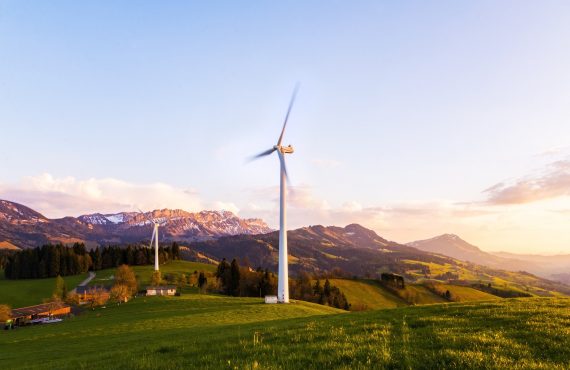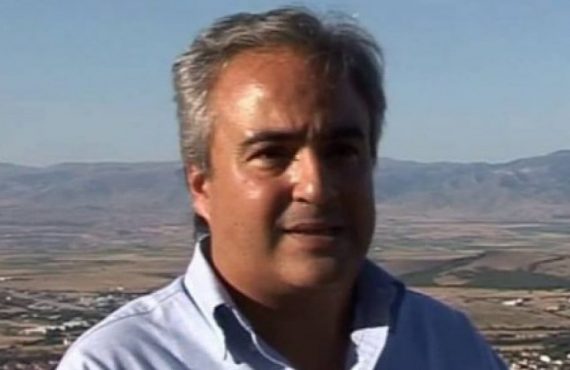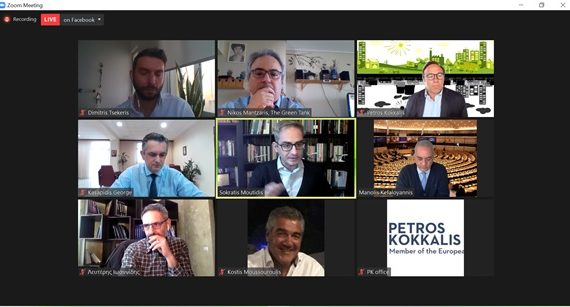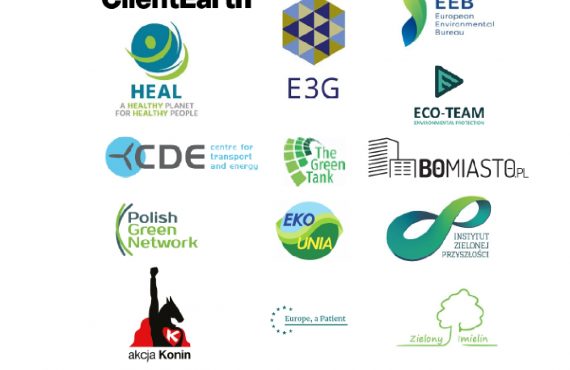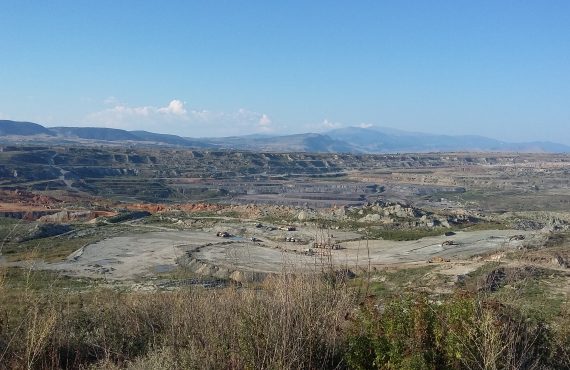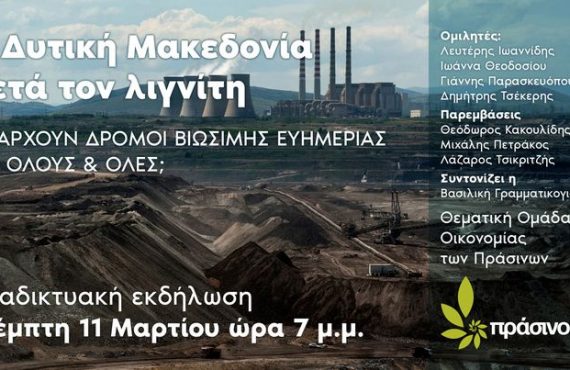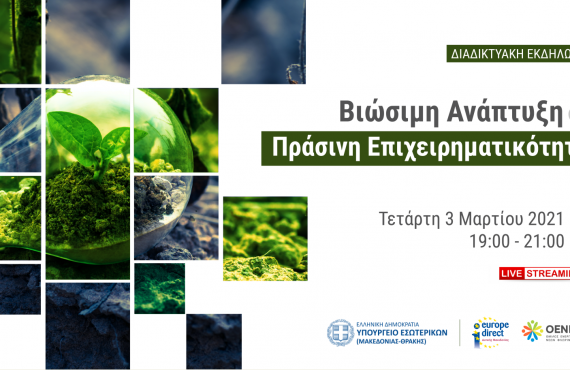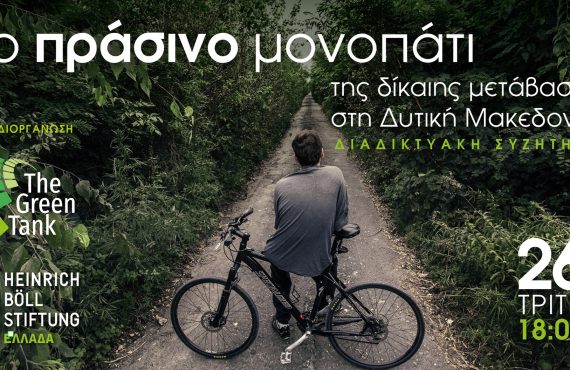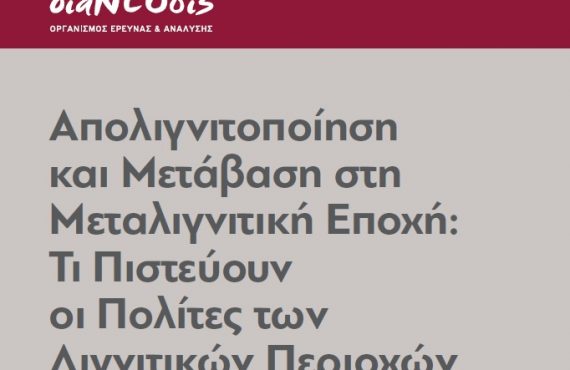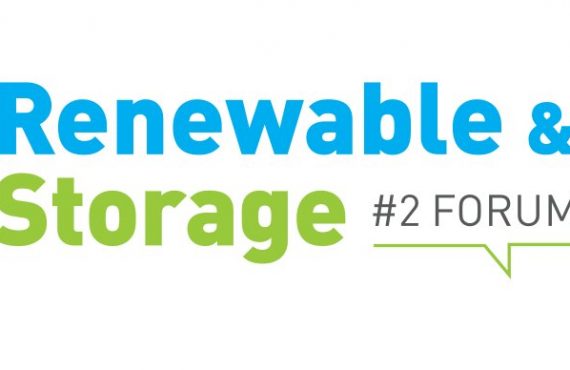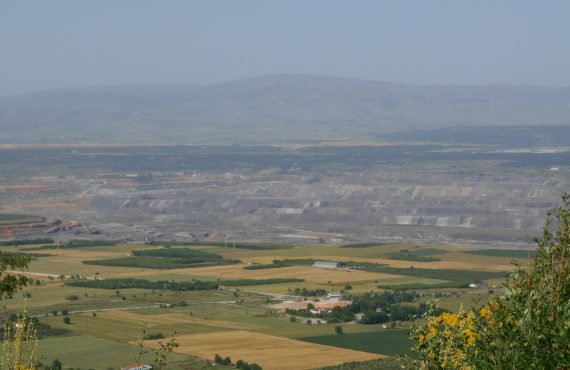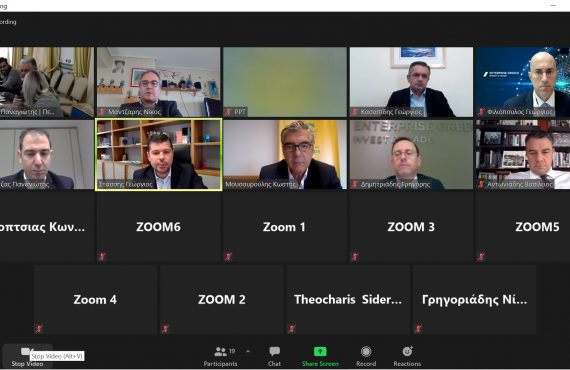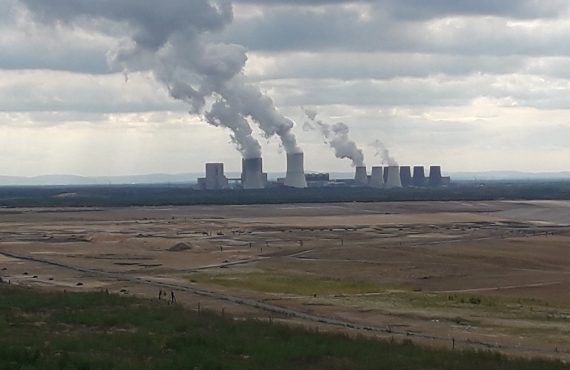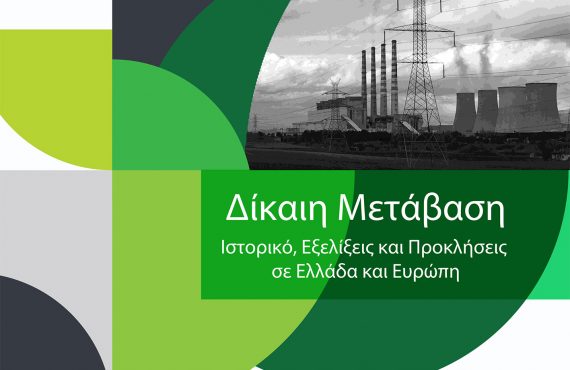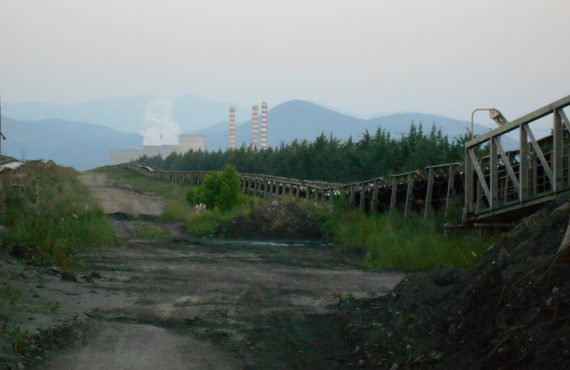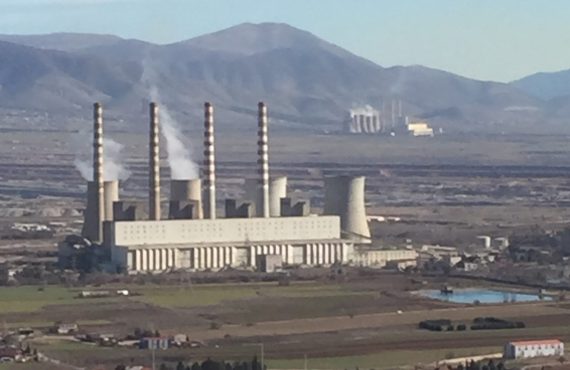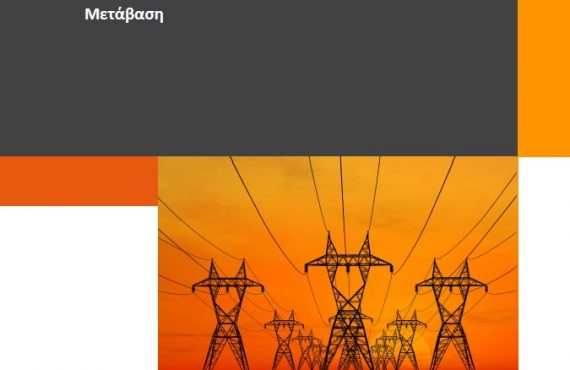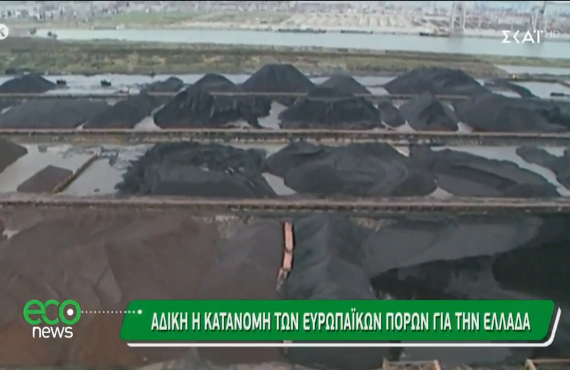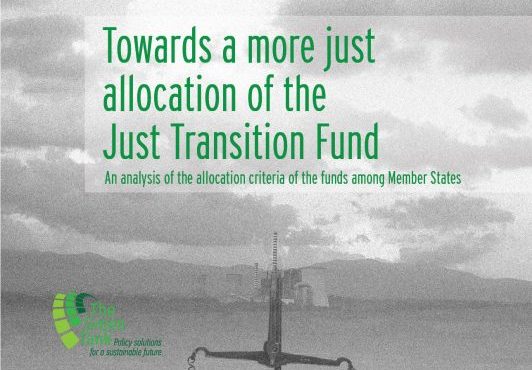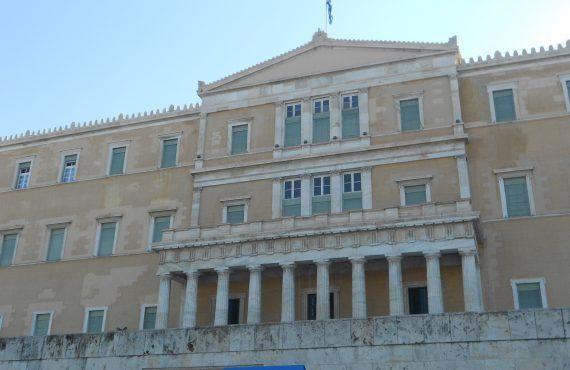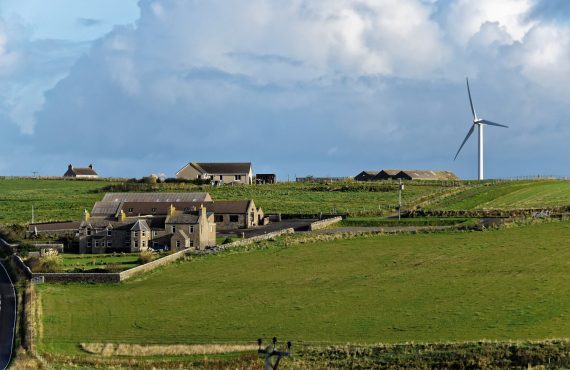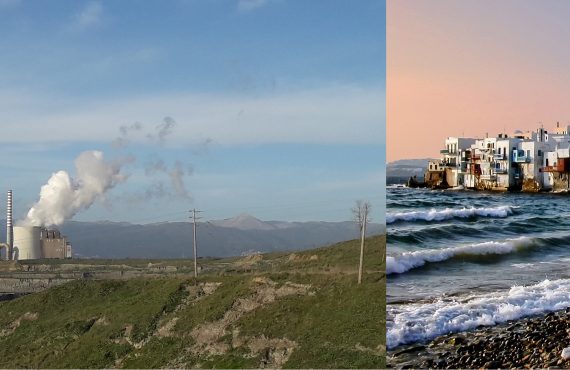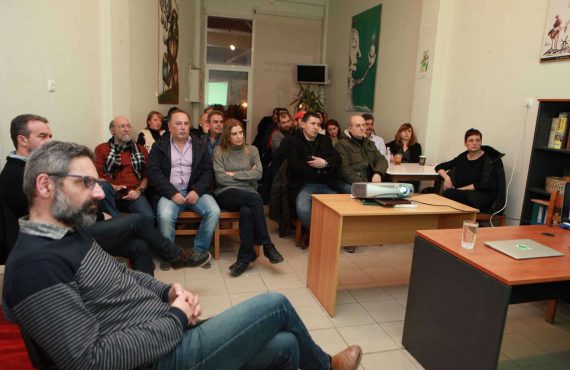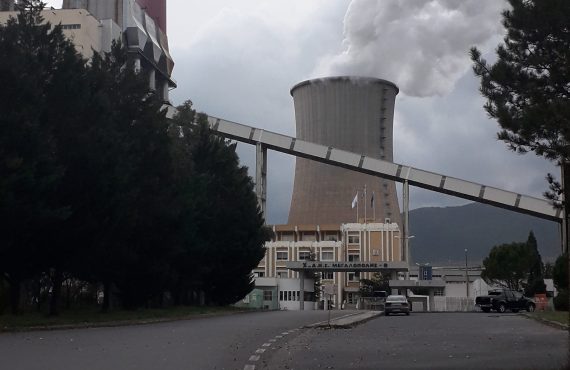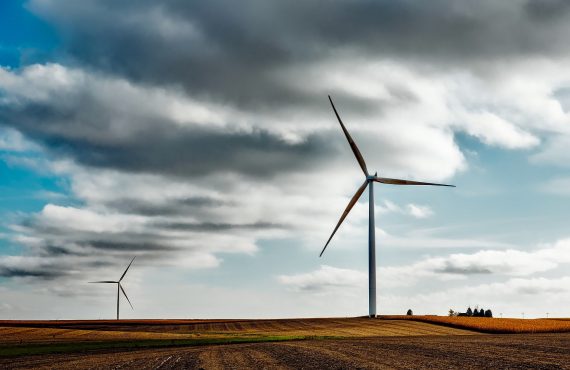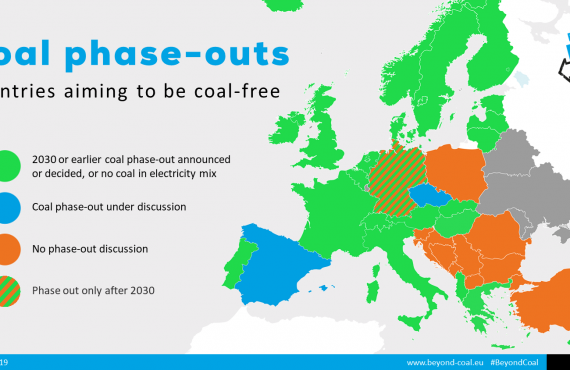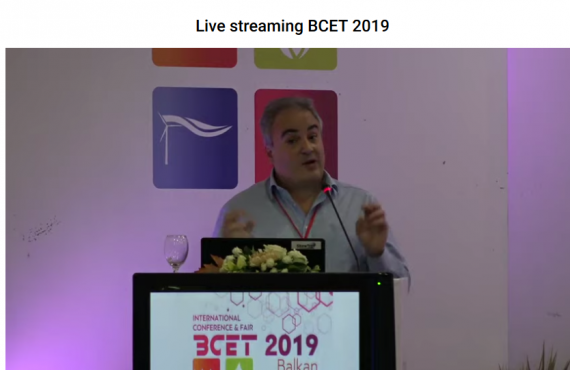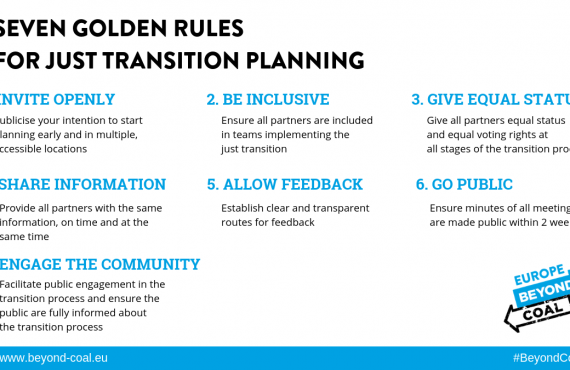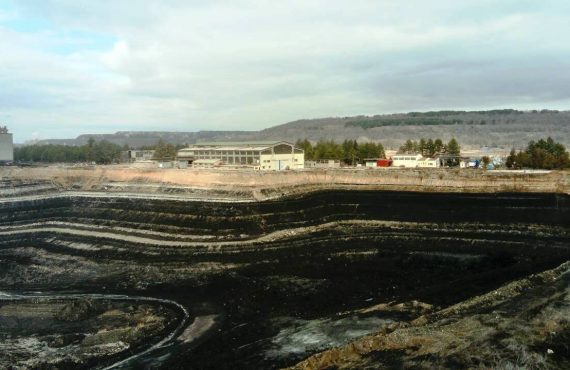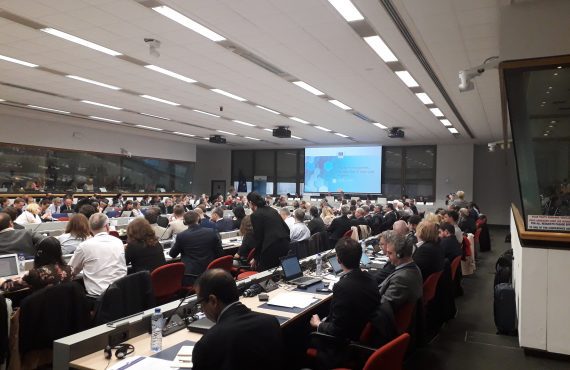Ioanna Theodosiou, policy officer at The Green Tank, participated in the conference “Rethink! Ideas Forum”, in the session “A green compass for Greece: Society, economy, ecology”, organized as part of Heinrich Böll Stiftung Thessaloniki 10 year-anniversary events.
In her presentation titled “Paving the way for energy democracy”, Ioanna Theodosiou presented the reasons why Energy Communities are a key driver for the Just Transition, especially under the energy crisis we are experiencing today.
Commenting initially on the scenarios of postponing the green transition and returning to coal, and in the case of Greece, lignite, she referred to studies and trends in European policy that show that such an option would significantly undermine climate targets and the environment, and would be detrimental to the economy. Specifically, she referred to a recent Green Tank analysis on electricity production in Greece which showed that even if we operate lignite plants at their legal limits, they will not achieve the reduction in dependence on Russian fossil gas that even a modest scenario of renewable energy penetration can achieve. At the same time, policy-making at European level, most notably REPowerEU, confirms the option to shift to renewables and phase out of lignite. Moreover, the long delays in tackling the climate crisis in Europe and Greece, with visible consequences for the planet and local communities, leave no room for postponing the green transition; this is also the only path that can lead us to peace, given that the energy sector and our dependence on fossil fuels have intensified the wars on Europe’s borders.
On these grounds, Ioanna Theodosiou explained the contribution of Energy Communities with the use of renewable energy sources, highlighting not only their energy potential, but mainly their social impact. As she pointed out, for the transition to be successful, the active participation of local communities and the maintenance of social cohesion are needed. Among other things, this is achieved through the utilization of the resources of the transition for the benefit of the local community within Energy Communities. In contrast to the monoculture of giant renewable energy projects, Energy Communities promote a model of energy production and consumption that is smaller in scale, adapted to local needs and human-centred. In other words, Energy Communities ensure energy transition in terms of energy democracy and enhance the decentralisation of energy resources.
However, Energy Communities in Greece today, face serious funding issues, combined with the non-transposition of European directives, but also market distortions. As Ioanna Theodosiou stressed, this has discredited the healthy, mainly non-profit, and valuable efforts. In the discussion that followed, she also referred to specific recommendations that will strengthen Energy Communities, consolidating the conditions of energy democracy. In summary:
– Creating a stable and clear institutional framework aligned with and integrating EU policy.
– Protecting the institution of energy communities from unfair competition and practices that discredit citizens’ participation in energy transition
– Setting specific quantitative targets for the development of energy communities in National Energy and Climate Plans.
– Creating a special development fund (or intermediate body) for energy communities.
– Providing subsidies for installation costs in non-profit energy communities to cover their own energy needs. A similar provision exists in Greece’s Just Transition Development Plan 2021-2027 for lignite regions and this can be a good practice for the rest of the country.
Given that Greece is the first country in the EU to have Territorial Just Transition Plans (TJTPs) and a Just Transition Development Plan approved by the European Commission for the period 2021-2027, and that the resources of the next period will be focused on Just Transition, there is a unique opportunity ahead to create a new energy model based on Energy Communities that promotes solidarity, justice, equity, equity, and democracy.
The event was held on June 29, 2022 in Thessaloniki.
Other participants included Dimitris Kitsikopoulos, Co-Founder and Vice-President of Electra Energy Cooperative, Alice Corovessi, Managing Director of INZEB and Vice President of the Energy Community WEnCoop, and Irene HongPing Shen, Outreach Coordinator for Trade Unions for Energy Democracy. The panel discussion was moderated by Alexia Kalaitzi, journalist.



